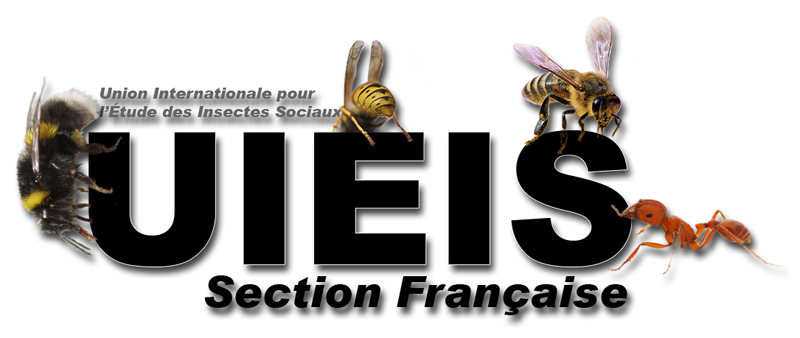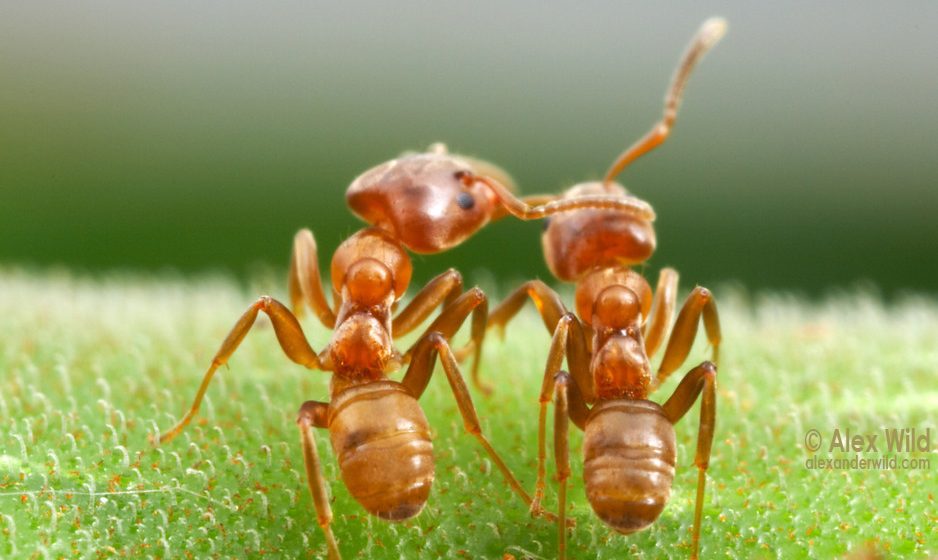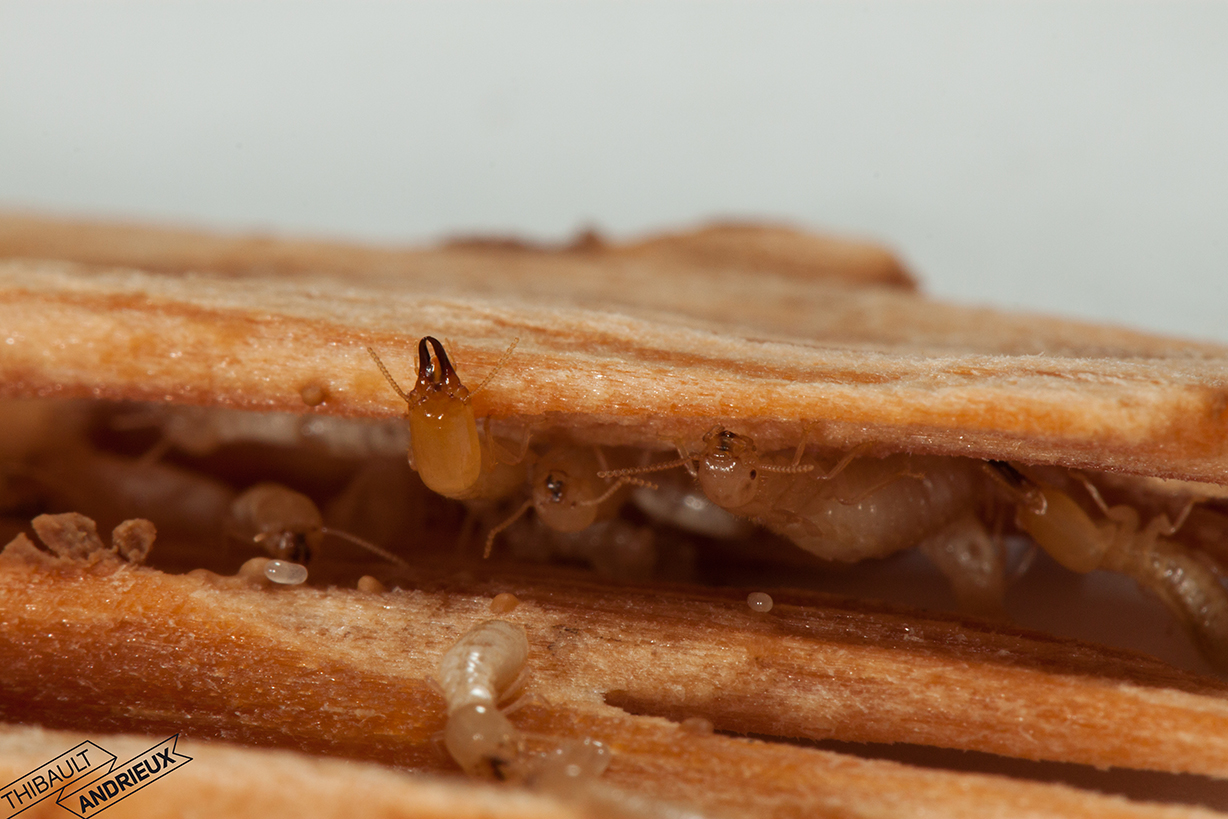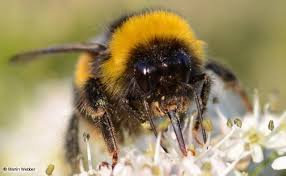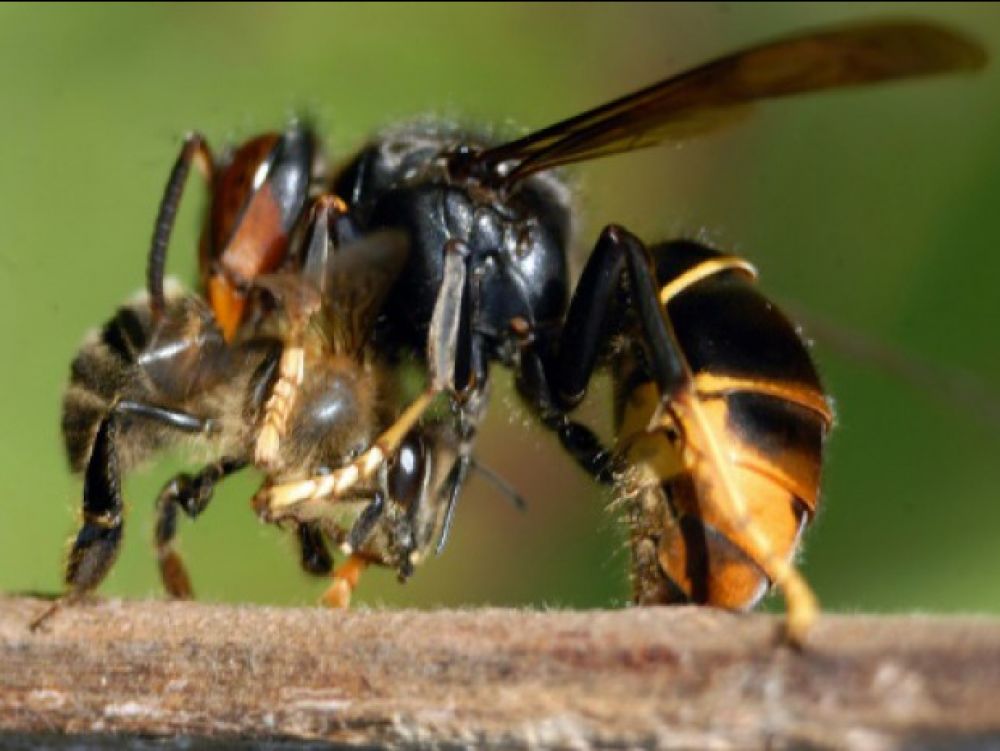Offre de thèse : Impacts of globalization on biological invasions – UNIL, Lausanne
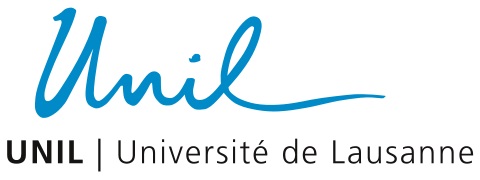
Introduction Since the Industrial Revolution increased international trade and human movements have resulted in the accidental movement of many species worldwide at an unprecedented level. This ongoing movement of species has brought about the breakdown of biogeographic boundaries that have historically limited the distributions of organisms and some of these species become invasive. Invasive species […]
